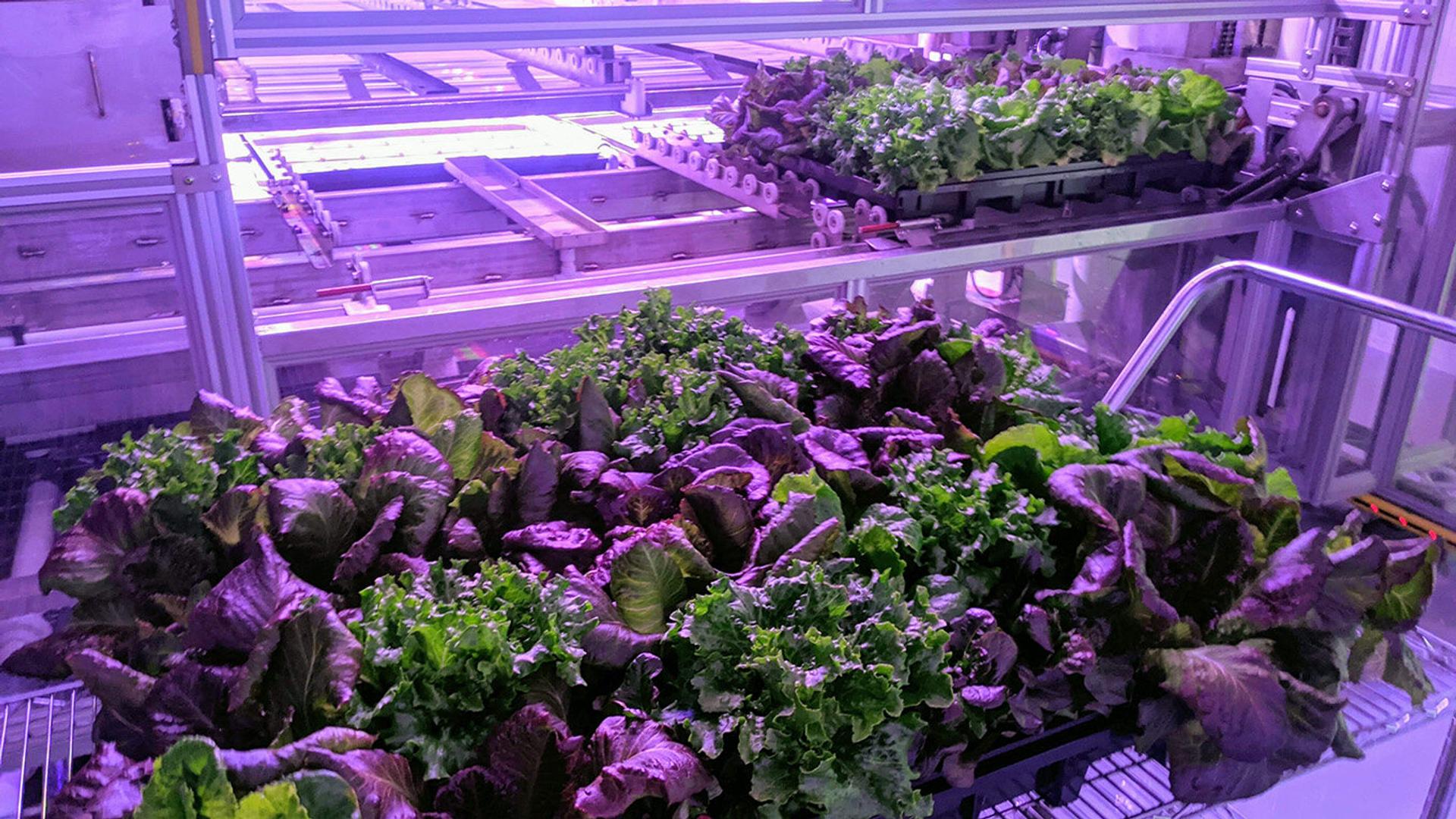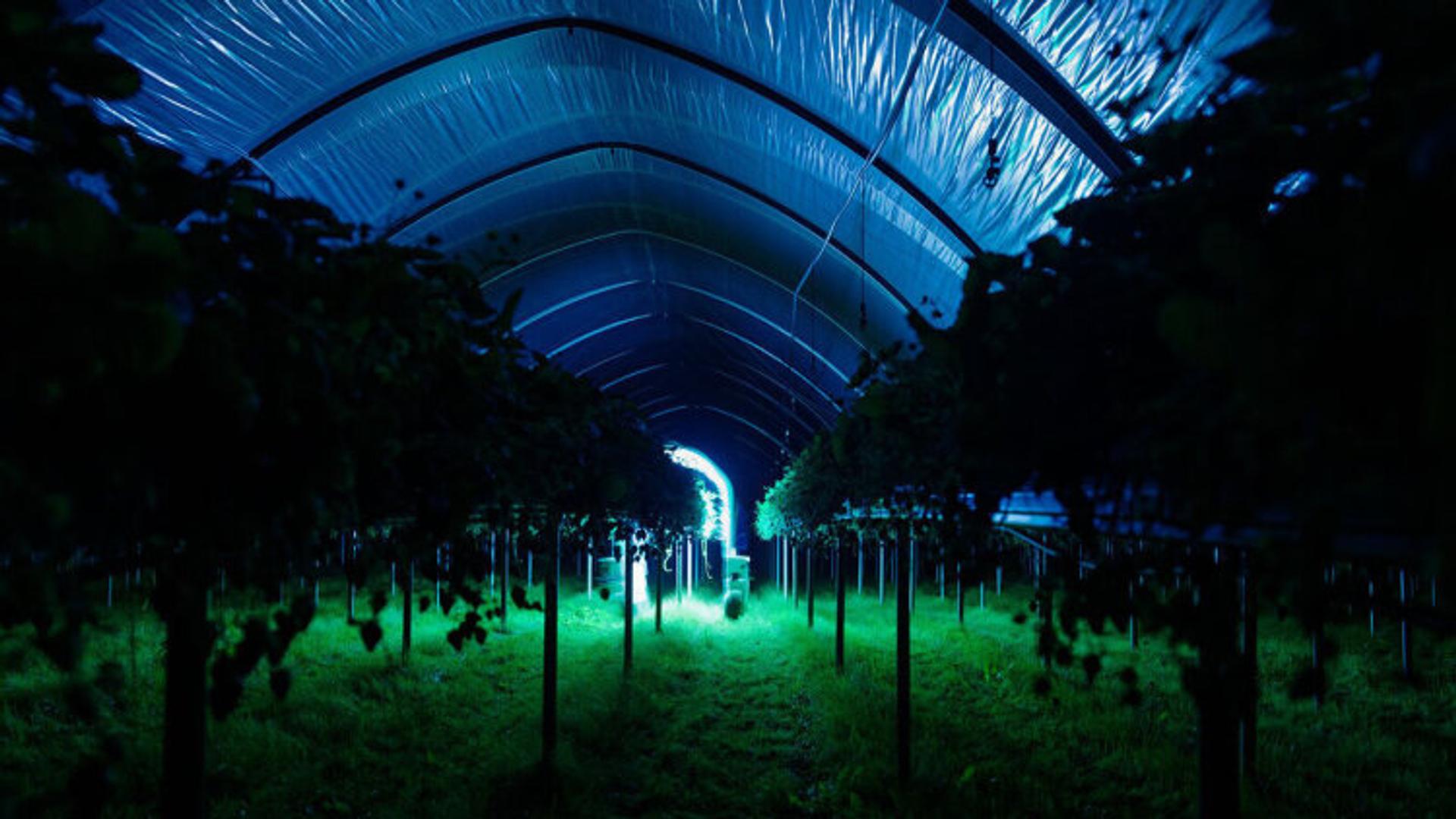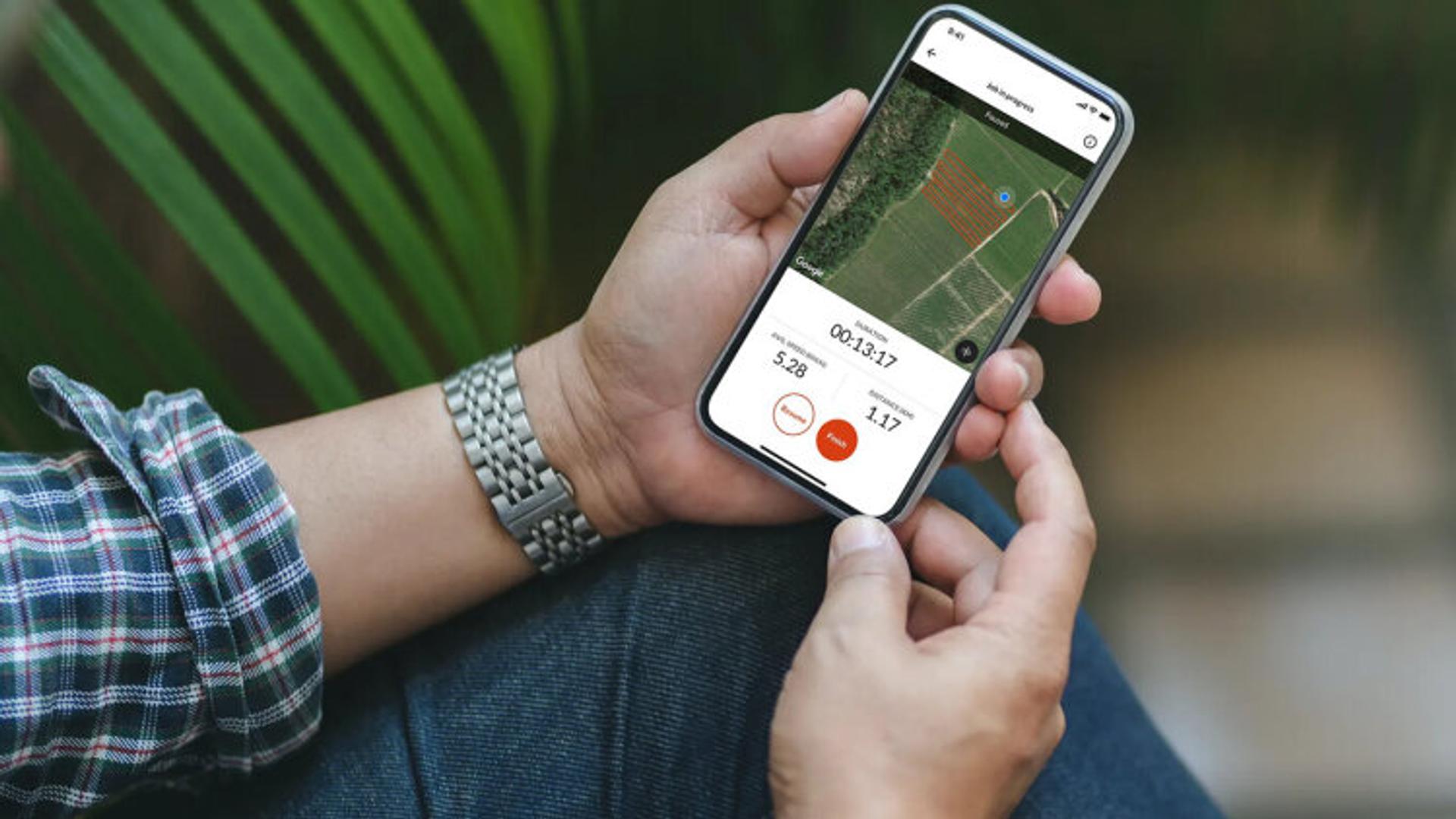Norwegian agritech is transforming farming through digitalisation

As CEO of Norwegian agritech startup Kilter, Anders Brevik, puts it: “Agriculture is a field where a lot of technological advances are taking place, but compared to other industries, there is a way to go. The farmers are ready. The technology needs to get to a point where it can be readily used by farmers.”
The global population is expected to reach nearly 10 billion by 2050, and 70 per cent more food must be produced to feed everyone. More precision agriculture methods that use digitalisation to increase production must be developed and adopted in order to meet the growth in demand. Norwegian companies are making important contributions towards this.
Smart farms and robots are transforming agricultural practices
Agritech is an umbrella term covering a variety of agricultural and technological innovations. Precision agriculture, also known as smart farms or smart farming, is one such innovation.
In the same way as Google Home and Alexa have made our homes smart, we are now seeing robots and AI helping to create smart farms. Robotics is bringing major advances in precision and shows real potential to revolutionise farming.
Norwegian robots are changing the game when it comes to reducing herbicide use and solving manual labour shortage. Kilter’s AX-1, for example, is an autonomous weeding robot that sprays herbicide droplets directly onto weeds, without hitting crops or soil.
The AX-1 uses deep learning neural networks to map its way through a field, along with patented nozzle technology, to reduce herbicide use by 95 per cent. The robot is also designed to be as lightweight as possible to minimise unwanted soil compaction.
“Kilter comes from the American saying ‘out of kilter’, which means out of balance. We chose the name because we want to bring balance back to Mother Nature. We want to be a part of the shift towards a better use of natural resources and hopefully contribute by giving back to nature,” says Brevik.
Another Norwegian agritech innovation is Thorvald from Saga Robotics, a platform for autonomous multifunctional robots. Thorvald can be used for any task, from picking fruit and vegetables to cutting grass for forage, performing UV treatments, and collecting and analysing data for crop predictions.
Because Thorvald is modular, it can be assembled to work in different topographies and with various types of crops in fields and in greenhouses. Thorvald is also lightweight and does not compress the soil.
Pål Johan From, founder and CEO of Saga Robotics, believes that we are only beginning to see the tremendous impact agritech will have in the coming years.
“I passionately believe robotics can make an enormous positive difference to farmers. Technology is allowing an ever-growing number of farm tasks to be easily transferred to robots, freeing up time and resources to focus on work that requires human involvement. The results are encouraging, with customers saving significant amounts of labour and improving yields,” he says.

Improving the food supply chain through data analysis
Norway is seeing a boom in forward-thinking agritech companies, and many of these innovators have a global market focus. Not only are they modernising conventional farm equipment, they are also developing digital solutions involving data collection and analysis in order to improve activities along and safeguard the entire food supply chain.
Mimiro, for example, promotes cost-effective, environment-friendly food production through a set of digital solutions for farmers that allows them to consolidate data collected from various sources for analysis. Mimiro provides in-depth analyses of this data to help farmers to make informed decisions. Combined with Mimiro’s useful apps, this enables farmers to optimise production, reduce greenhouse gas emissions and increase income across the entire value chain on the farm. Mimiro is also developing a data platform and machine learning services to enable data sharing among multiple stakeholders.

Farmforce, meanwhile, delivers digital solutions to ensure sustainable sourcing, improve quality of life for farmers and protect the environment. The cloud-based mobile platform enables digital management of smallholder farming schemes, targeting the “first mile” from production to the point of distribution.
“Our motto is data with a purpose. Data can’t solve anything if it just remains data. We are working to give life to the data and to transform it into actionable insights for our customers so they can take that insight and make good and sustainable decisions,” says Arnaud Dupuis, Marketing and Communications Manager at Farmforce.
Farmforce is modernising smallholder management with its mobile technology, which ensures that production is transparent, traceable and in compliance with food, safety and sustainability standards. For buyers, Farmforce’s platform enables direct sourcing and integration of the supply chain at the farm level. For farmers, the platform helps to boost output through improved analytics for crop selection and better practices.
It mitigates risk through integration of crop production, credit and insurance, and digital payments. Additional benefits include management of certifications and collection and analysis of production, social, economic, and environmental indicators. Farmforce is used in more than 30 countries and has helped nearly 700 000 farmers.
Agritech helping to meet the UN Sustainable Development Goals
Norwegian agritech companies are committed to achieving the UN’s 17 Sustainable Development Goals (SDGs). GreenCap Solutions, for instance, addresses Zero Hunger and Responsible Consumption and Production with the environmental control system (ECS) it has developed for industrial greenhouses. The GreenCap ECS provides energy-efficient climate control, enabling producers to grow vegetables with a carbon-neutral footprint, while reducing freshwater consumption.

“We’ve seen the United Nations estimates which state that food production needs to increase. We believe our system can play a pivotal role in reaching that goal in a sustainable way,” says Jarle Skjæveland, CSO of GreenCap Solutions.
GreenCap Solutions’ closed-loop system saves energy by capturing carbon dioxide from the atmosphere and reusing it inside the greenhouse. The captured CO₂ is added to the air circulating inside the greenhouse, ensuring that the CO₂ concentration is optimal for growth. This increases plant growth rate by at least 40 per cent.
Moreover, the GreenCap system reuses up to 70 per cent of the water consumed in production. This makes it possible to build greenhouses in new areas, even areas with water shortages. The system also eliminates the cost of producing or procuring CO₂.
“We are just a small company from a small country, but we believe this is the future of greenhouse growing,” says Skjæveland.
The Fourth Industrial Revolution has the potential to improve the quality of life for people around the world. Agritech will have a major role to play, as it can have a huge positive impact on the entire food supply chain. According to McKinsey, those who embrace the change at an early stage may be best positioned to thrive in agriculture.
